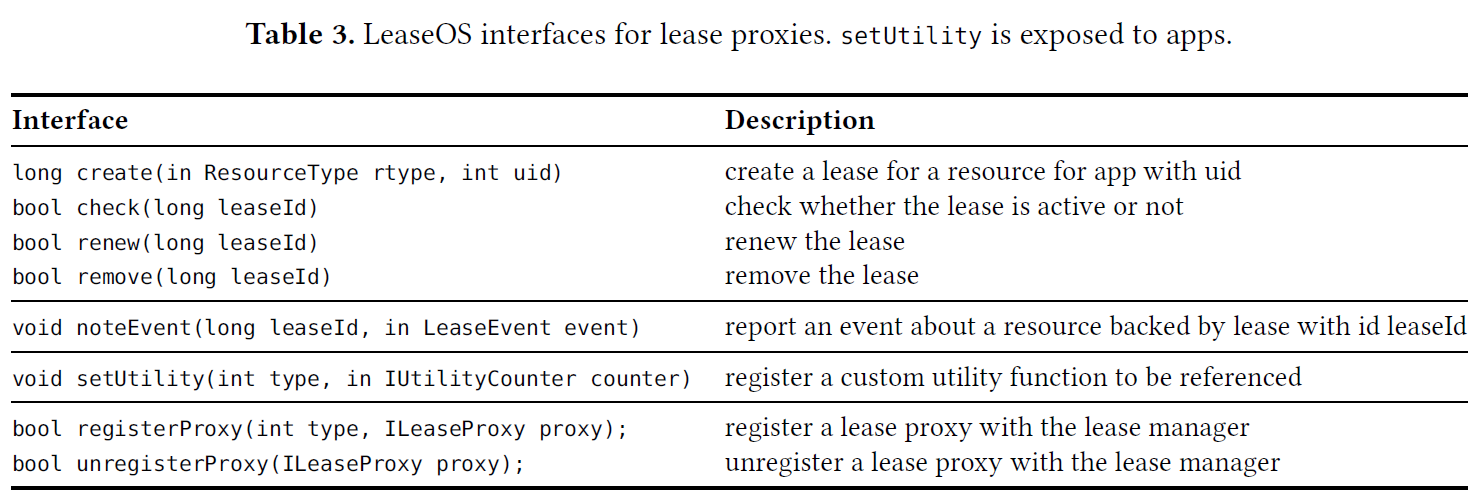Understanding What Types of Loans Are Assumable: A Comprehensive Guide for Homebuyers
Guide or Summary:FHA LoansVA LoansUSDA LoansConventional Loans#### What Types of Loans Are AssumableWhen considering the purchase of a home, one of the impo……
Guide or Summary:
#### What Types of Loans Are Assumable
When considering the purchase of a home, one of the important aspects to explore is financing options. Among these options, understanding **what types of loans are assumable** can significantly impact your decision-making process. An assumable loan is one that allows a buyer to take over the seller's existing mortgage, which can be advantageous in certain market conditions. This guide will delve into the various types of loans that are assumable, their benefits, and considerations for both buyers and sellers.
#### Types of Assumable Loans
There are several types of loans that can be assumed, and knowing which ones they are is crucial for potential homebuyers.
1. **FHA Loans**:
FHA Loans
Federal Housing Administration (FHA) loans are a popular choice for first-time homebuyers due to their lower down payment requirements. One of the key features of FHA loans is their assumability. When a buyer assumes an FHA loan, they can benefit from the existing interest rate, which may be lower than current market rates. However, the buyer must meet certain creditworthiness criteria set by the lender.
2. **VA Loans**:

VA Loans
Veterans Affairs (VA) loans are designed for eligible veterans, active-duty service members, and certain members of the National Guard and Reserves. These loans are also assumable, allowing a qualified buyer to take over the seller's loan. This can be particularly beneficial as VA loans often come with favorable terms, such as no down payment and no private mortgage insurance (PMI).
3. **USDA Loans**:
USDA Loans
The United States Department of Agriculture (USDA) offers loans to promote homeownership in rural areas. USDA loans can be assumed by eligible buyers, making them a viable option for those looking to purchase a home in qualifying regions. Similar to FHA and VA loans, the buyer must meet specific eligibility requirements.
4. **Conventional Loans**:
Conventional Loans
Conventional loans, which are not backed by a government agency, may or may not be assumable. It largely depends on the terms set by the lender. Many conventional loans include a due-on-sale clause, meaning the loan must be paid off when the property is sold. However, some lenders may allow for assumptions under certain conditions.
#### Benefits of Assumable Loans

Understanding **what types of loans are assumable** also involves recognizing the benefits they offer:
- **Lower Interest Rates**: If the existing loan has a lower interest rate than current market rates, assuming the loan can save the buyer money over the life of the loan.
- **Streamlined Process**: Assuming a loan can simplify the buying process, as the buyer may not need to go through the lengthy process of applying for a new mortgage.
- **Transfer of Equity**: Buyers can take advantage of the seller's equity, potentially reducing their own down payment needs.
#### Considerations for Buyers and Sellers
While assumable loans present several advantages, both buyers and sellers should be aware of certain considerations:

- **Lender Approval**: Buyers must be approved by the lender to assume a loan, which can involve a credit check and financial assessment.
- **Liability Issues**: Sellers may still be liable for the loan if the buyer defaults unless the lender releases them from the obligation.
- **Market Conditions**: In a rising interest rate environment, assumable loans can be particularly attractive, but in a declining market, they may not provide the same benefits.
### Conclusion
In summary, understanding **what types of loans are assumable** is essential for both buyers and sellers in the real estate market. FHA, VA, USDA, and certain conventional loans can be assumed, providing opportunities for cost savings and easier transactions. However, it is important to consider the implications of assuming a loan, including lender requirements and potential liabilities. By being informed about these options, homebuyers can make better financial decisions and navigate the complexities of real estate financing with confidence.